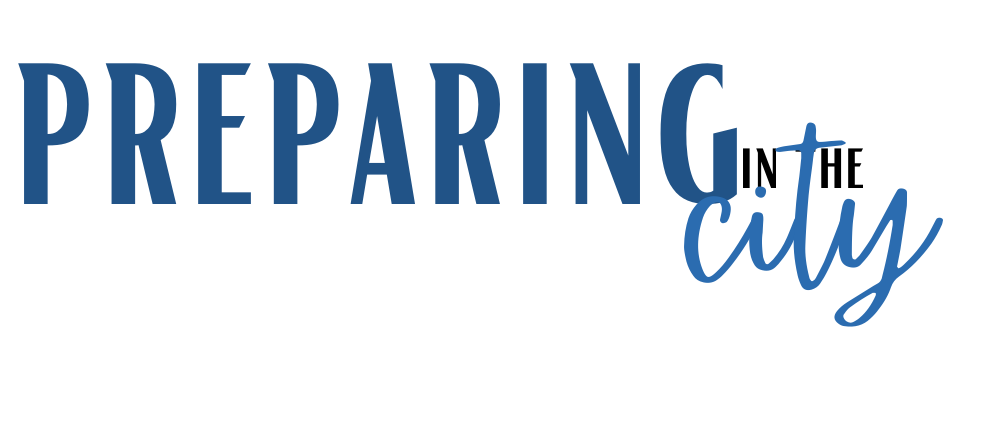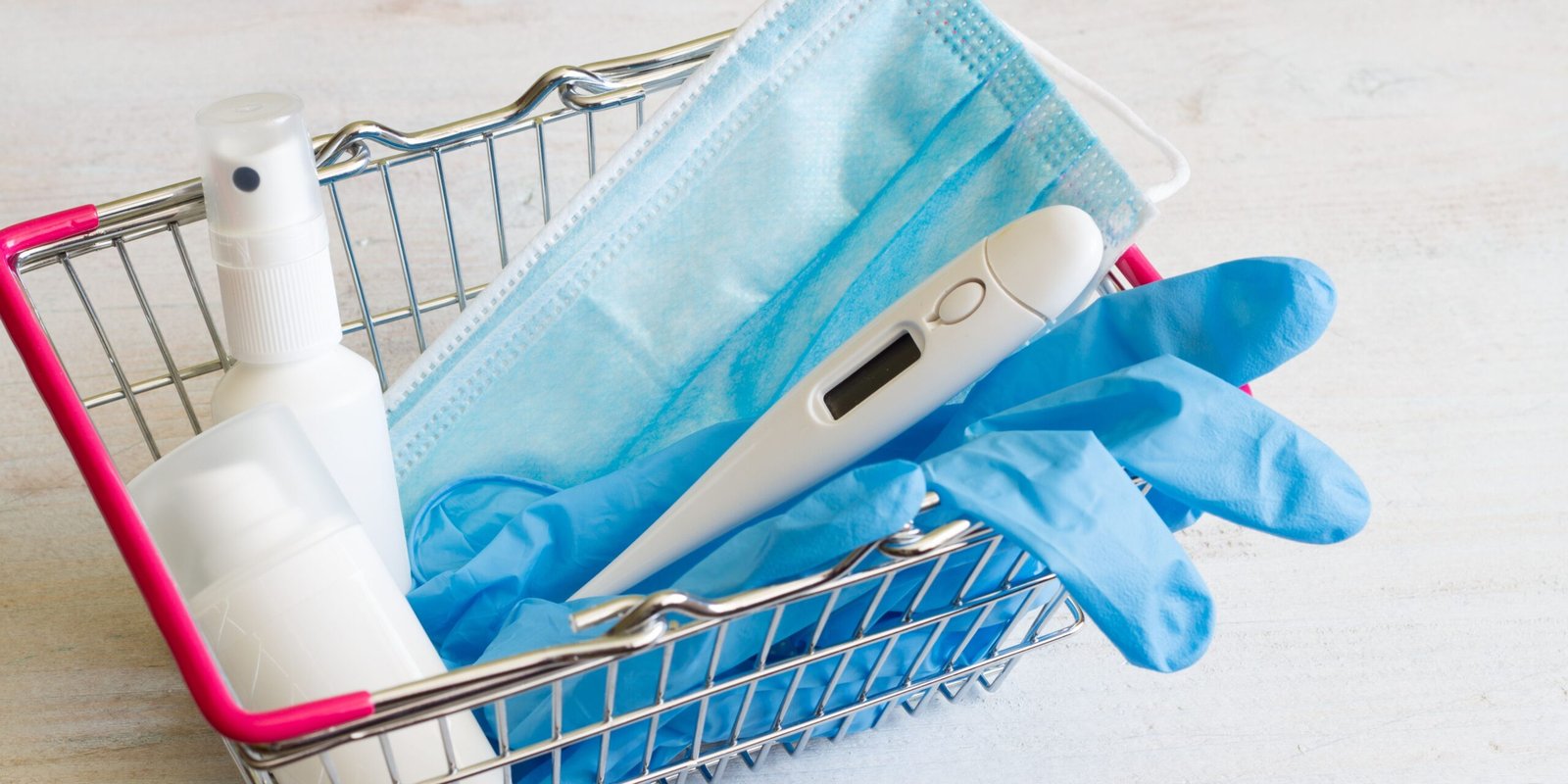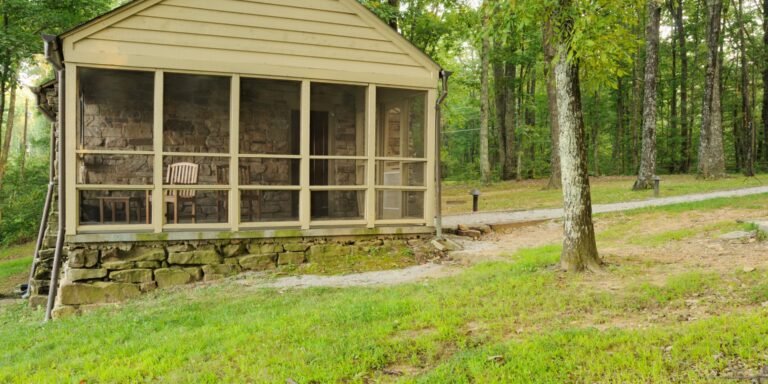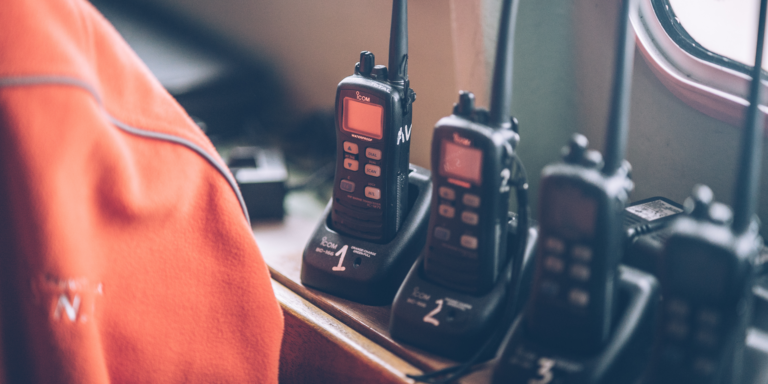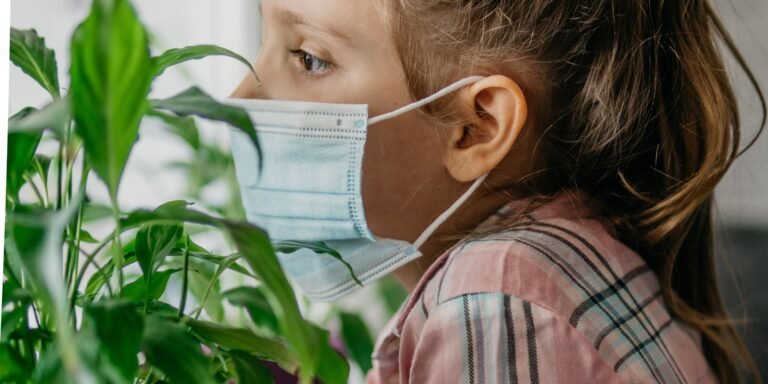Ultimate List Of Important Survival Medical Supplies You Need
This post may contain affiliate links, full disclosure here.
If you’ve seen the movie After Armageddon, you know how important it is to keep any wound clean. My family has experienced a Staph infection, which is excruciatingly painful and, if not treated promptly, fatal. Even the tiniest cut might get infected with Staph. The items I have on hand are listed below. The majority of them may be found at your local drug or grocery store, as well as on Amazon. Make sure you have any specific supplies that a family member could require.
Medical Disclaimer: The views and opinions stated on this website are solely mine. I’m not a doctor or a nurse. I’m simply sharing what works for my family and me. The content on this site is offered solely for educational reasons. Please do your own research and seek medical advice from your doctor.
See also: Top 20 Barter Items to Stockpile
Survival Medical Supplies To Stock Up On
Basic Medical Supplies
Except for the Hibiclen Skin Cleaner, you’re likely to have most of these things on hand. You’ll want to stock up on extra supplies when planning for a disaster. Now is the moment to stock up on supplies, not when a calamity strikes. The majority of the goods may be found at your local grocery or medicine shop.
- Alcohol
- Peroxide – Please keep in mind that peroxide is only for first-aid wound care. Peroxide kills granulation tissue (newly formed skin cells) and should only be used for wound care for the first 24-36 hours.
Mineral Oil is a type of oil that is used - Band-Aids — I’ve finally discovered Band-Aids that stay put!
- Medium latex-free sterile butterfly closure bandages
- First Aid 5 Piece Eye Wash Kit x 2 Oral thermometer (non-mercury/non-glass)
- Magnesium Sulfate, Epsom Salt Soak – Uses for Epsom Salt can be found here.
- Tweezers with a good grip and a light touch (plus get various sizes from tiny to huge)
- Foot treatments and sprays for athletes (cracks in the skin on the feet are a great point of entry for bacteria, etc.)
- Antiseptic Sterile Saline Iodine Solution for Wounds Antiseptic for First Aid
- Liquid Bandage Spray Liquid Bandage (skin glue)
- Non-latex gloves with an instant cold compress
I also keep Earloop Face Masks, thinner Rubber Gloves, and disinfectant bleach on hand.
- First Aid Antiseptic Cleansing Wipes
- Hydrocortisone (Anti-Itch) ointment packets (approximately 1 gram each)
- Antibiotic ointment packet such as Neosporin (use sparingly and not on punctures as it will lock in the germs and make the wound “soupy”)
- Alcohol Swab packets
- Pain Relief and/or Bengay
- Ace Bandages
- Adhesive bandages (assorted sizes)
- Roller bandage (3 inches wide)
- Roller bandage (4 inches wide)
- Sterile gauze pads (3 x 3 inches)
- Sterile gauze pads (4 x 4 inches)
- Triangular bandages
- Adhesive cloth tape
- Waterproof Tape (assorted sizes)
- Blister kit for hiking and camping
- Molefoam
- Moleskin
- 2nd skin
- Medical tape
Cold and Flu
It’s more crucial than ever to avoid the spread of flu, virus, and even the common cold during a disaster. If the illness spreads through your staff, any medicines you have on hand may quickly run out. Keep your preferred medicines in a dark, cool location. It is still safe to take drugs that have expired.
Everyone on our team has already agreed that anyone who gets sick, even if it’s just a minor cold, would be confined right away. This necessitates the use of a specific space.
We all know that the first rule is to wash your hands before touching your face. That means you should have some soap on hand.
Is there a thermometer in your house? I recommend having a couple of them.
For additional information visit https://www.ready.gov/pandemic and The Center for Disease Control and Prevention
Over The Counter Medications
Ibuprofen (Advil)
Acetaminophen (Tylenol)
Naproxen (Aleve)
- Aspirin 81 mg
- Aspirin 325-mg (for heat attacks)
- Anti-histamine – This is what I use; can’t beat the price GoodSense
- Benadryl (used for allergic reactions) Also children chewable.
- Sudafed (or an equivalent)Throat lozenges
- Bismuth tabs (Pepto Bismol)
- Imodium/Loperamid (Diarrhea Relief)
- Stool softener (laxative) (stress will tighten you up)DayQuil for Cold/Flu Relief (or generic brand)
- NyQuil for Cold/Flu Relief (or generic brand)
- Mucinex (or generic brand)
- Vicks Inhaler
- Vicks Vaporub
- Nasal Allergy Spray
Medication For Wounds and Bleeding
For the treatment of tiny cuts and lacerations, Emergency Laceration Closures are a non-invasive, painless alternative to stitches.
- WoundSeal is safe to leave in place until the wound heals.
- QuickClot easily conforms to wounds; simply apply the gauze to the source of the bleeding and apply pressure.
- Israeli Babdages – Hemorrhage control compression bandage Be sure to watch the video below
- Proven to be 100% effective in occluding blood flow in upper & lower extremities. North American Rescue Military Issue
- The SAM SPLINT can be used to splint every bone in the human body.
- Finger Splints
- Halo Chest Seal High Performance Occlusive Dressing for Trauma Wounds
Important Video To Watch
Prevention Of Disease
Keeping up with personal hygiene will be more vital than ever during a crisis to avoid disease. For more information, see the links at the bottom of this page.
Clean water (see https://thrivingpreptips.com/be-ready/survival-water/) should be available for handwashing after using the restroom and before touching eating utensils or food. When you have the opportunity, take a shower or at the very least clean up with a washcloth on a daily basis.
This means you’ll need soap, shampoo, toothpaste, and floss, in addition to water. Disinfection At this point, wipes and hand sanitizer gels will come in handy! I don’t use them on a regular basis, but in the event of a disaster, I will.
Extra deodorant, toothbrushes, toothpaste (baking soda will suffice), razors, shampoo, body soap, and enough of toilet paper should all be kept on hand. Hibiclens is an antibacterial and skin cleanser. It destroys germs for up to 24 hours and can be used on a daily basis if necessary.
Keep unscented bleach on hand for cleaning and water purification. Check the bleach shelf life because it degrades at a rate of 20% each year after the production date. A 1:10 bleach solution has a 24-hour shelf life.
Keep plenty of Laundry Detergent on hand. See https://thrivingpreptips.com/how-much-to-stock/ for more information on how to do laundry during a disaster.
Another stock item is disposable plastic gloves. I don’t want their rubbish, but since water may be scarce, these will be necessary. I have two types on hand, one of which is heavier than the other. Clean Nitrile Medical Grade Gloves, Latex-Free Gloves, and Nitrile Medical Grade Gloves Count Poly Gloves, Disposable gloves.
Brushing your teeth and flossing at least once a day should be continued. Dental floss is inexpensive, so stock up.
Heavy Duty Trash Bags are another item I have on hand. It is also critical to keep our surroundings as clean as possible.
